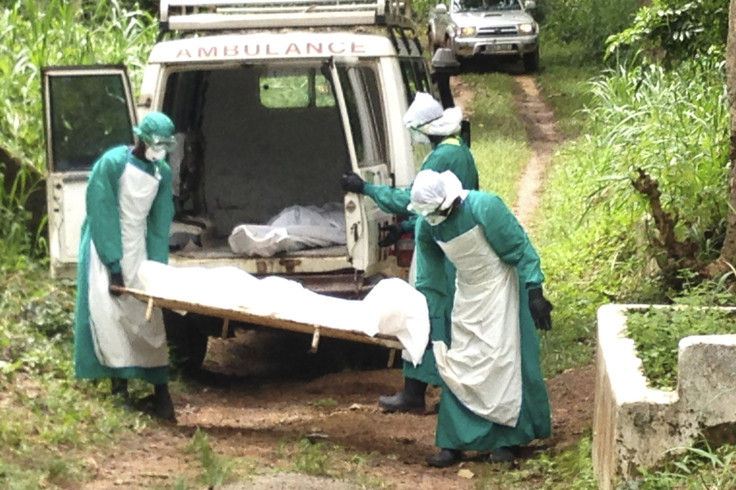New Study Warns Of Outbreak Caused By Ancient Viruses From 15,000-Year-Old Glaciers

KEY POINTS
- Scientists uncover new viruses in glacial ice
- The glaciers are about 15,000 years old
- Ice melt caused by global warming could cause new outbreaks
A team of scientists uncovered about 30 ancient virus groups in glacial ice that’s around 15,000 years old. The discovery indicates that a new outbreak caused by an unknown pathogen could occur as glaciers melt because of global warming.
The surprising discovery was made by scientists from U.S. and China. They presented their findings in a new study that’s been submitted for publication through the pre-print server bioRxiv.
For their study, the scientists traveled to Tibet to collect samples from some of the oldest glaciers on Earth. In this region, they came across glacial ice that’s about 15,000 years old. They then drilled 164 feet into the glacier to collect samples, which were then subjected to decontamination protocols.
The scientists then used a technique to detect the presence of microbes in the glacial ice. After identifying and analyzing the microbes in the samples, the scientists came across a total of 33 virus groups, which include 28 ancient virus strains. According to the scientists, the 28 virus groups have never been documented before.
As noted by the scientists in their study, the presence of the ancient virus groups in glacial ice could be affected by the effects of global warming on Earth. According to previous reports, the planet’s increasing temperature is causing glaciers and ice-covered regions to melt at an alarming rate.
Aside from rising ocean levels, melting ice could also uncover other unknown ancient viruses hiding in glaciers. As the ice melts, some of the viruses could wake up from their dormant state. The scientists noted that this could release new pathogens into the environment, which could then lead to a new global outbreak.
Since many of these ancient virus groups are undocumented, vital information regarding their infection rate is still unknown. Also, it is not yet clear how these ancient pathogens will react to modern vaccines.
“At a minimum, [ice melt] could lead to the loss of microbial and viral archives that could be diagnostic and informative of past Earth climate regimes,” the scientists wrote in their study. “However, in a worst-case scenario, this ice melt could release pathogens into the environment.”
© Copyright IBTimes 2025. All rights reserved.





















